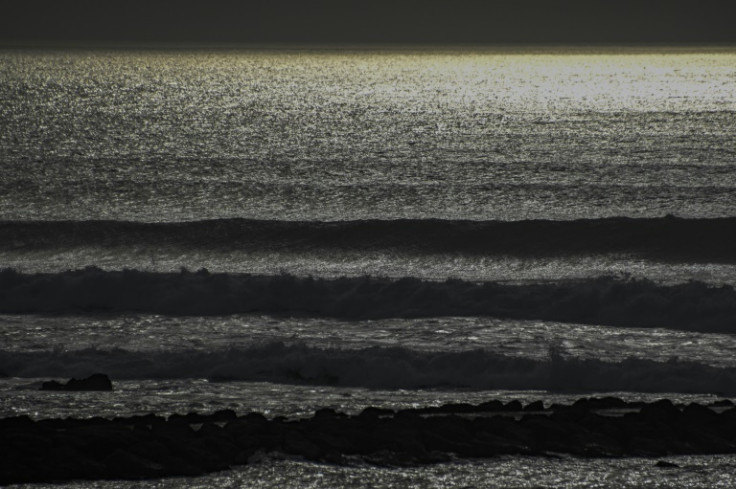Environment Minister Creecy Urges To Reduce Marine Pollution

Minister of Environment, Forestry and Fisheries Barbara Creecy urged South Africans to cut down marine pollution by reducing littering, cleaning up the beach and recycling materials.
In the wake of celebrating World Oceans Day (WOD) under the "Awaken New Depths" theme over the weekend, the minister noted the main objective is to highlight how oceans play an important role in shaping socio-economic realities and environmental sustainability.
World Oceans Day falls in June, which is celebrated as Environment Month in South Africa
"As a maritime nation bordered by three vast oceans — the Atlantic, Indian, and Southern, South Africa recognizes the significance of our oceanic territory and the imperative to deepen our understanding and ensure the protection of this invaluable ecosystem," Creecy said, SA News reported.
She added, "Oceans influence weather patterns, support diverse ecosystems, and provide livelihoods for millions of people worldwide, including 40% of South Africa's population residing within 100km of the coastline."
Creecy went on to explain that the theme 'Awaken New Depths' shows the ministry's dedication to exploring and using the vast potential of the oceans, noting that the government wants to better understand marine environments and use them sustainably to benefit both current and future generations.
South Africa's Exclusive Economic Zone (EEZ) stretches 200 nautical miles into the ocean around the mainland and includes areas like the Prince Edward and Marion Islands. South Africa covers a maritime area of 1.5 million square kilometers.
Even with this massive area, much of the world's oceans are still unexplored, which highlights the need for more awareness and conservation efforts. The minister mentioned that South Africa recently faced severe weather that caused property damage and loss of life, adding that the origin of this weather challenge is the ocean.
"The heavy rains in the Eastern and Western Cape and KwaZulu-Natal were due to the air-sea interaction processes. South African scientists and international collaborators are working hard to study these extreme events to understand their frequency and magnitude in future to be able to mitigate against devastating impacts in the future," she explained.
She added, "By working together, we can unlock the vast potential of our oceans while preserving their ecological integrity for generations to come. As we commemorate World Oceans Day, let us awaken to the depths of our oceans and embrace our role as custodians of these precious resources."
Buffalo City Metro in the Eastern Cape earlier this month witnessed severe flooding, leaving around 1,300 people displaced.
© Copyright 2026 IBTimes ZA. All rights reserved.





















